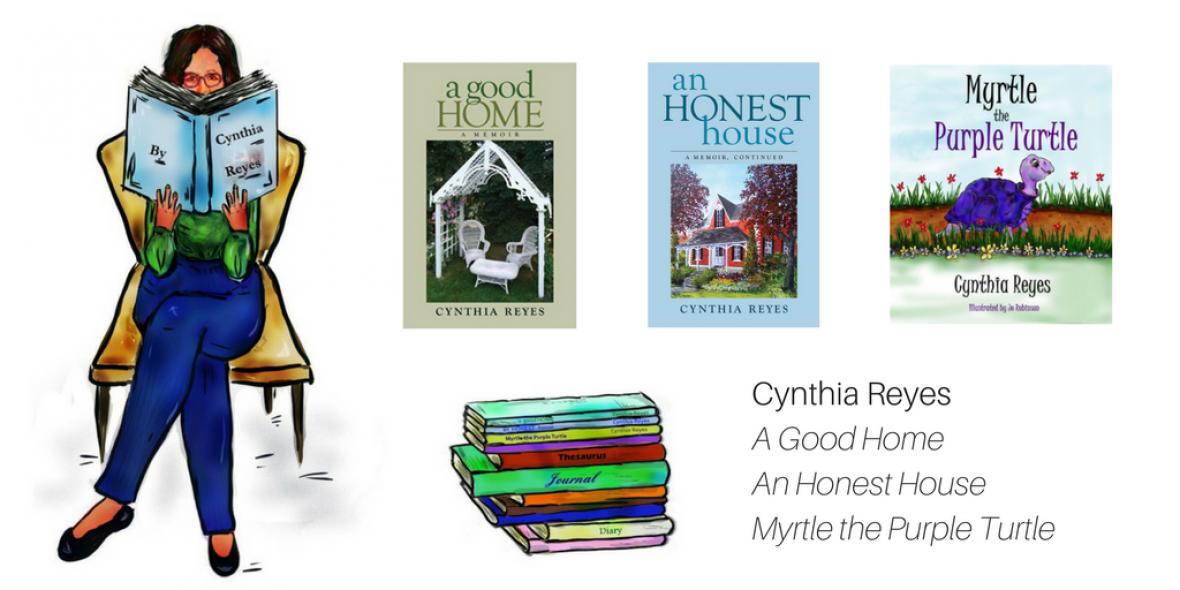Amazing how people can lie, when asked a simple question: “How are you feeling today?”
“Great!” they reply, when what they really mean is: “Horrible! Really horrible!”
Why do they lie?
“No-one wants to listen to a complainer,” says a woman I met in my pain management program at the hospital. “After a while, people don’t want to be around you.”
“Everybody’s already got their own troubles,” says a woman who’s living with cancer.
“What’s the point?” asks a man who recently lost his job. “Even if they listen, they feel helpless.”
And finally, from an elderly woman: “I just don’t want my children to worry.”
They had given up on telling the truth. Even people who find dishonesty repugnant, would sooner lie than admit the sad truth about how they’re feeling on a given day.
~~
In my group at the rehabilitation hospital, most people I asked admitted they’d sooner grin and bear it than fess up to their loved ones.
It wasn’t always this way. Some had started out telling the truth. But at a certain point, they’d stopped. They noticed that the eyes of their listener glazed over the moment they started to truthfully express how they were feeling. Some were raised to not share unhappy personal news.
One day, after listening to person after person in my group say much the same thing, I finally stood up and made an offer:
“If you ever get to the point where you absolutely need to complain about how you’re feeling, but are afraid to, please call me! I ask only two things:
- First, be honest – no worrying that I’ll be bored or think less of you.
- And second: if you can, complain creatively.”
That second point was meant to make the group members smile. They did.
But what I’d said, and their reaction to it, got me thinking:
What if we could complain more effectively?
What if we could learn to tell our truth in a way that would make others want to listen, and even perhaps, to help?
~~
For years I have struggled with chronic pain and disability, the result of a motor vehicle accident. The problem with chronic conditions is that they don’t go away. After a while, even I get bored of having to tell the truth about my struggles.
When someone calls and asks me: “How are you feeling today?” I can say “Awful.” And stop. Or I could add: “I’ve had no sleep in five nights. I can hardly stand up straight. Everything hurts.”
But if I do that, my caller, even if it’s a loved one, will sympathize wholeheartedly, but have no idea what to say next.
So, after that day at the rehabilitation hospital, I decided to develop some new ways of complaining. I call it “creative complaining”:
- My complaint comes with a bonus for my caller. “Well, it’s a tough day. But the birds are singing and the sun is shining and I’m very grateful for both.” This way, I get to complain, but my caller gets to visualize a happy image and hear my gratitude.
- I find an interesting metaphor to describe how I’m feeling. “Today, the pain is like an electric current going from my back straight down to my foot. I’m gonna start plugging the appliances into my back any moment now and reduce my electricity bills!”
- I aim for laughs. “The pain’s so bad, I’ve taken to speaking about it only in four-letter words. And I know how tender your ears are, so I’m going to spare you that blue streak today. OK?”
- I turn the question back to the other person and receive their answer first. “It’s so nice of you to ask. And you know, I was just thinking: You always ask how I’m feeling. But how are you doing? I’d love to know.”
~~
So what’s been the result of my experiment?
Well, to paraphrase the words of an old song, the results of this invention are very strange to tell:
- When I express gratitude, it uplifts my caller and myself. And when I express my complaint, it’s both made and received more freely. It also gives my caller an option: to either respond to my gratitude or explore my complaint, or both.
- When I challenge myself to find an interesting metaphor to describe my pain or my feelings, I force myself to be imaginative, which can distract me from the pain. And my little bit of creativity may also provide an interesting insight to my caller.
- When I make a joke, it always seems to surprise people, who in turn surprise themselves by laughing along with me. Sometimes humour expresses a truth more sharply than a plain statement of the facts. And it provides a bridge between the other person and myself.
- And finally, when I express interest in my caller, it makes the conversation less one-sided. Less a discussion about my struggles, and more of the give-and-take that makes up a genuine conversation. At the end of it, I may even be able to help the other person – by offering a bit of advice or by simply listening.
I got some takers from among my rehab group members. Those who called ended up laughing with me. That was a bonus!
